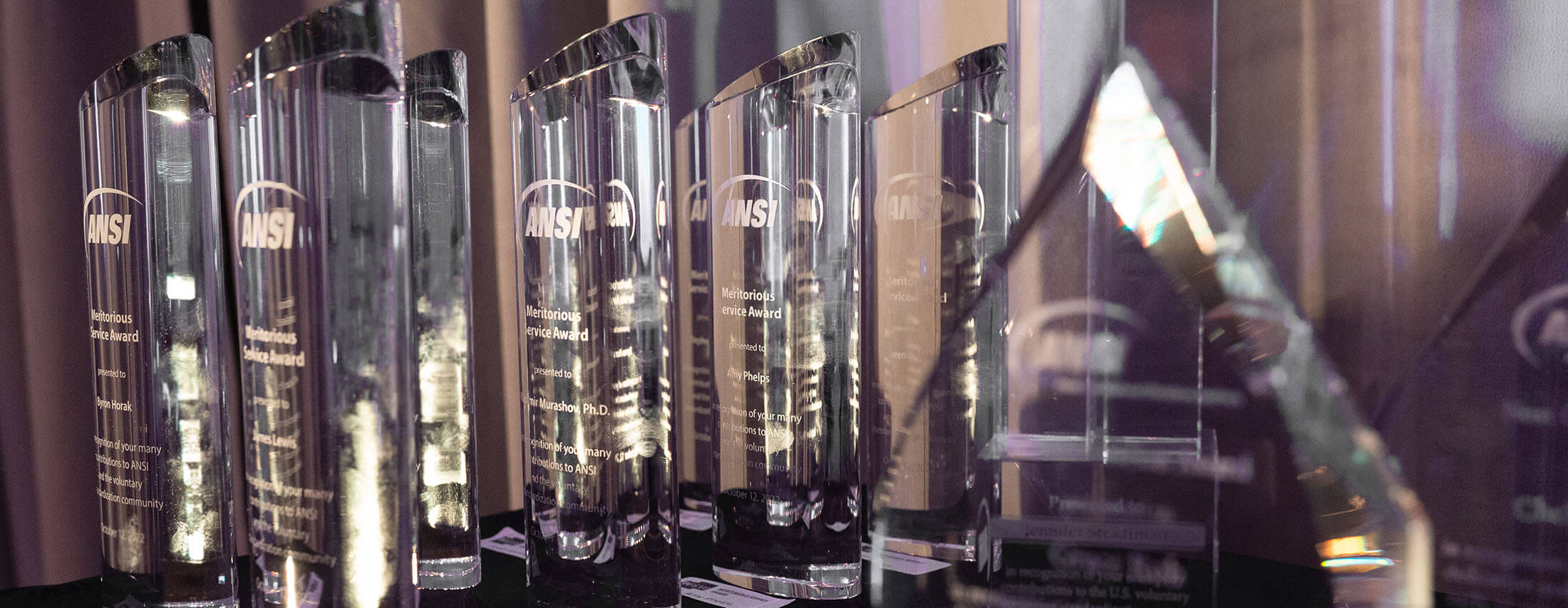March 30 marks the International Day of Zero Waste, observed to highlight the importance of supporting waste management globally and promote sustainable consumption and production patterns. In honor of the campaign, ANSI recognizes recent member, government, and partnership initiatives that advance sustainability efforts around the world.
International Day of Zero Waste kicked off in 2022 during the United Nations (UN) General Assembly as an annual campaign to amplify efforts that protect the environment, enhance food security, and improve human health and well-being.
Various efforts to support these goals are underway, with a few in progress highlighted here:
Uniting Forces for Greater Sustainability: The Latest Partner, Member, and Government Efforts
- The Standards Alliance: Phase 2, a public-private partnership between the ANSI and the U.S. Agency for International Development (USAID), contributes to the UN’s Sustainable Development Goals (SDGs), a universal call to action to end poverty, protect the planet, and assure that by 2030 all people enjoy peace and prosperity. Among various goals, SA 2 has made strides in a significant portion of activities under its Water, Sanitation, and Hygiene (WASH) projects. Looking ahead, Phase 2 of a project on Sustainable Management Systems for Communities in Cote d'Ivoire will include two workshops on sustainable cities development.
- The newly formed U.S. Technical Advisory Group (TAG) for International Organization for Standardization (ISO) Project Committee (PC) 343, Sustainable Development Goals Management, contributes to the UN SDGs 1-16, focused on no poverty; zero hunger; good health and well-being; quality education; gender equality; clean water and sanitation; affordable and clean energy; decent work and economic growth; industry innovation and infrastructure; reduced inequalities; sustainable cities and communities; responsible consumption and production; climate action; life below water; life on land; and peace, justice, and strong institutions. ANSI, with the support of USAID, formed the U.S. TAG to support U.S. national consensus-based participation in the activities of ISO PC 343, and seeks U.S. participants.
- Also underway in international efforts, ISO Technical Committee 323, Circular Economy, works on standardization in the field of circular economy to develop frameworks, guidance, supporting tools, and requirements for the implementation of activities of all involved organizations to maximize the contribution to sustainable development.
- In a related effort, the National Standards Institute of Standards and Technology, in its effort to advance the future workforce needed to develop a circular economy for plastics, recently awarded six universities with nearly $3 million in grants intended to support the creation of programs and curricula focused on prolonging the life of plastics. Funding will support the Training for Improving Plastics Circularity (TIPC) Grant Program, created in response to challenges related to the traditional handling of plastics recycling waste, and growing concerns with mismanaged plastic waste.
- At the start of 2024, in an effort to support transatlantic cooperation for easier, greener, and safer trade, the EU-U.S. Trade and Technology Council held an event: “Crafting the Transatlantic Green Marketplace.” Stakeholder participants had an opportunity to provide input on how the Transatlantic Initiative on Sustainable Trade Work Programme can achieve its climate and circular economy objectives.
- Various ANSI members and standards developers have created standards that support waste management, including those covering standard terminology for waste and waste management, and terminology for agricultural waste and by-product management, among others. Read more about how standards can help sanitation worldwide.
- As previously reported, ANSI members have launched resources that support waste reduction and management.
Read more about the International Day of Zero Waste 2024 and how to get involved on the UN’s campaign website.
